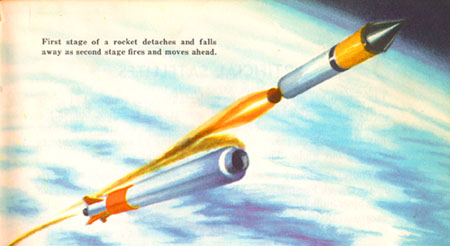Podcast #74
Monroe Weber-Shirk has taught engineering at Cornell for 24 years, and in 2005 he started the AguaClara Cornell program where he works closely with local partners, graduate students, and up to 80 undergraduates at a time. Together they develop, implement, and maintain sustainable water treatment facilities in multiple developing countries. It’s an incredible model of deeply engaged learning at scale, and in this episode Monroe tells us how it works and how he got here.








